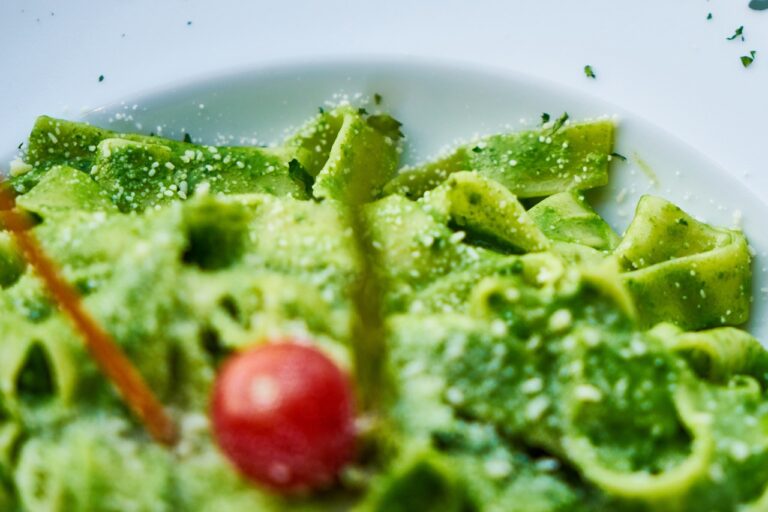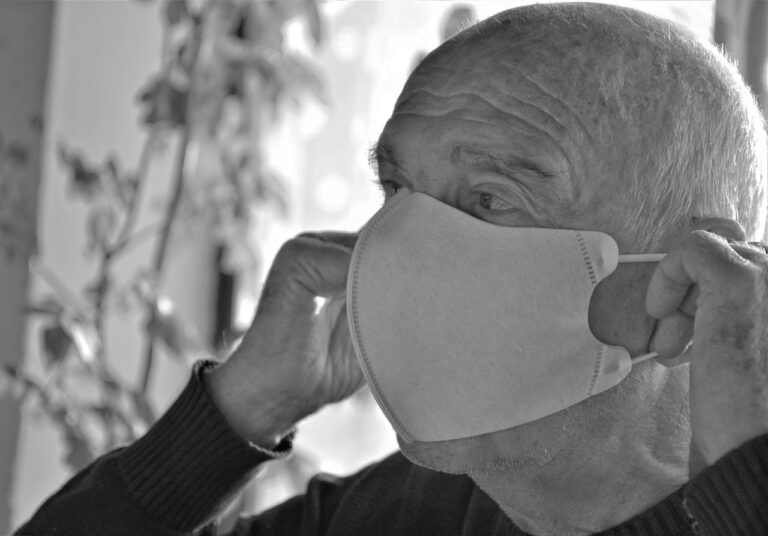The Psychology of Chronic Pain: Strategies for Coping and Healing
Chronic pain affects millions of people worldwide, impacting their physical, emotional, and mental well-being. The experience of chronic pain is often complex, involving a combination of biological, psychological, and social factors. Understanding the psychology of chronic pain is essential for developing effective strategies for coping and healing.
What is Chronic Pain?
Chronic pain is defined as persistent pain that lasts for more than three to six months. Unlike acute pain, which serves as a warning signal for injury or illness, chronic pain persists over time and can be debilitating. Common types of chronic pain include back pain, arthritis, fibromyalgia, and migraines.
The Psychological Impact of Chronic Pain
Chronic pain can have a profound impact on a person’s mental health. It is not uncommon for individuals with chronic pain to experience anxiety, depression, and other mood disorders. The constant cycle of pain and negative emotions can contribute to a sense of helplessness and hopelessness.
Strategies for Coping with Chronic Pain
There are several strategies that can help individuals cope with chronic pain and improve their quality of life:
- Practice mindfulness and relaxation techniques
- Engage in regular physical activity
- Seek support from friends, family, or a therapist
- Set realistic goals and pace yourself
- Explore alternative therapies such as acupuncture or massage
Healing and Recovery
Healing from chronic pain is a gradual process that requires patience and perseverance. It is essential to work closely with healthcare providers to develop a comprehensive treatment plan that addresses both the physical and psychological aspects of pain. Integrating mind-body techniques, such as meditation and cognitive-behavioral therapy, can also promote healing and recovery.
Support and Resources
It is important for individuals with chronic pain to seek support from their loved ones and healthcare providers. Support groups and online resources can also provide valuable information and encouragement. Remember, you are not alone in your journey towards healing.
Self-Care and Well-Being
Self-care is essential for managing chronic pain and improving overall well-being. Prioritize activities that bring you joy and relaxation, such as hobbies, spending time in nature, or practicing gratitude. Taking care of your mental and emotional health is just as important as addressing the physical aspects of pain.
Seeking Professional Help
If chronic pain is significantly impacting your daily life and well-being, it may be beneficial to seek help from a mental health professional. Therapy can help you develop coping skills, address underlying emotional issues, and improve your overall quality of life. Remember, it is okay to ask for help when you need it.
FAQs
Q: Is chronic pain just “in my head”?
A: Chronic pain is a complex phenomenon that involves both physical and psychological factors. It is not simply “in your head,” but rather a real and valid experience that requires comprehensive treatment.
Q: Will I ever get better?
A: Healing from chronic pain is possible, but it may require time, patience, and a multi-faceted approach to treatment. With the right support and resources, many individuals are able to improve their quality of life and well-being.
Q: How can I explain my chronic pain to others?
A: It can be challenging to communicate the experience of chronic pain to others, especially if they have not experienced it themselves. Be honest and open about your struggles, and educate others about the impact of chronic pain on your life.







